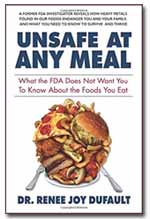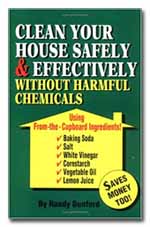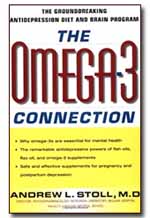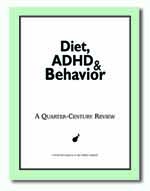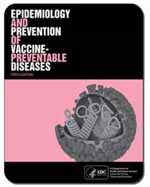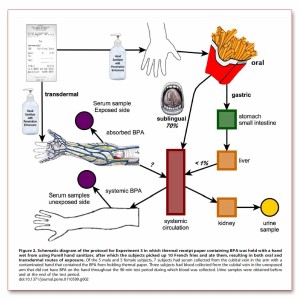 PLoS One. 2014 Oct 22;9(10): e110509.
PLoS One. 2014 Oct 22;9(10): e110509.
If you must handle thermal receipts, don’t use sanitizers or hand lotion – both often contain chemicals that will encourage the BPA to slide right through your skin. In the experiment described in this paper, the combination led to a rapid and dramatic increase of this chemical in the blood. If you are a cashier, use finger protectors, or, if not avoidable, handle such receipts with only 2 fingers.
For those new to BPA, it is an endocrine-disrupting environmental toxin now known to be related to a number of diseases. Children and pregnant women are particularly at risk. We have contaminated our world with it to the point that it is unavoidable, but at least we can do our best to minimize our exposure.
Page 10 of this study lists health problems associated with BPA, including:
- heart disease
- diabetes
- reproductive problems (men and women)
- thyroid problems
- obesity
- liver and kidney disease
- ADHD, aggression, and learning impairment.
In some cases, BPS replaces BPA, but the authors say it is just as bad – or worse. Moreover, the use of recycled paper may save trees, but that paper includes BPA and BPS from recycled receipts.
QUOTE: “Because no safe alternatives to the use of BPA or its primary replacement chemical BPS in thermal paper have been identified, our findings provide support for the EPA’s recommendation that thermal paper should be replaced with other safer technologies.”
NOTE: If your small child chews on paper, as many do, your first “resolution” for 2017 could be to stop giving them access to any sort of paper they may put in their mouth. And if you must use hand sanitizers or wipes, make sure their hands (and yours) are dry before touching anything else.
![]() MedLine || Full Text || Advice from The Minnesota Pollution Control Agency
MedLine || Full Text || Advice from The Minnesota Pollution Control Agency


